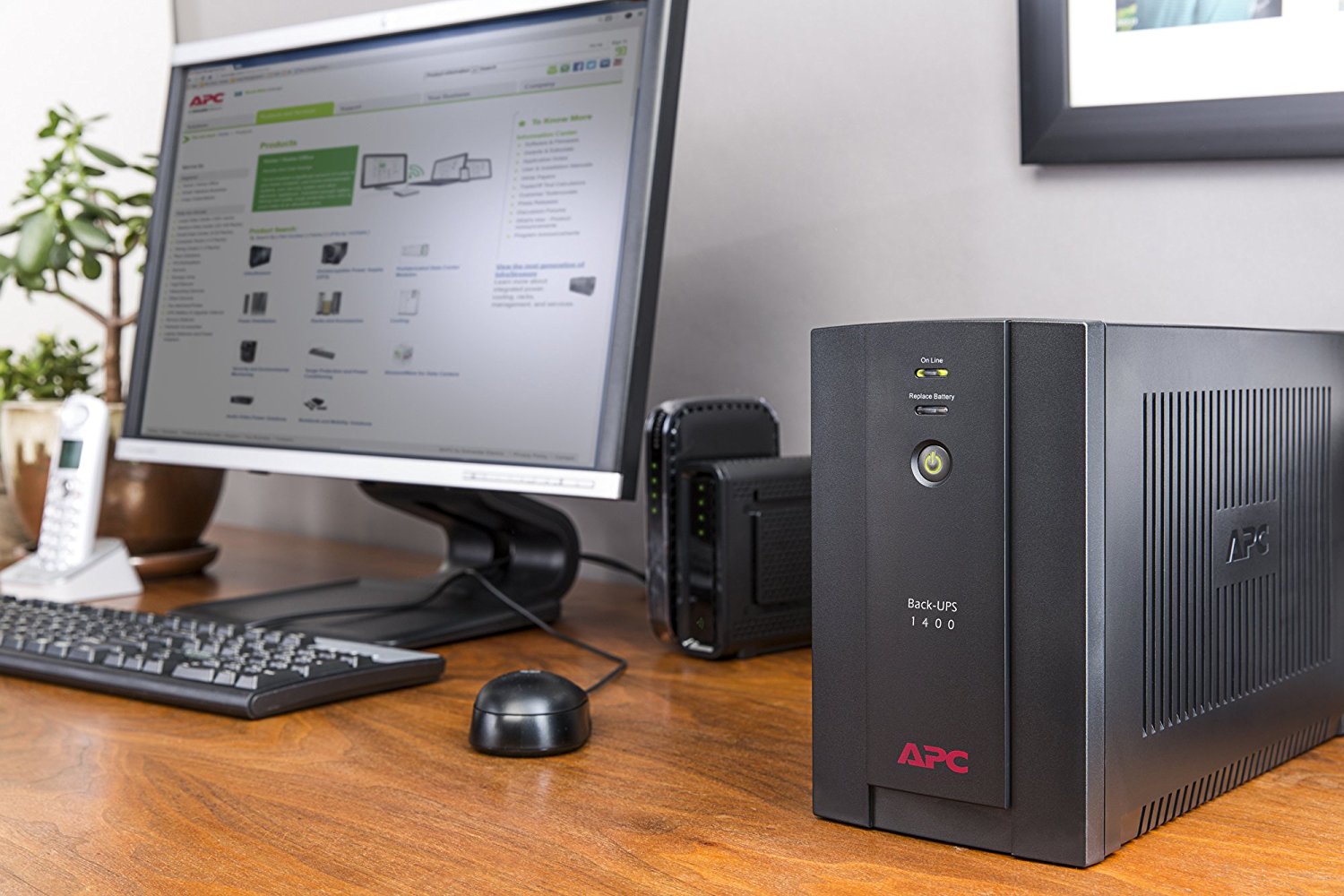
What is a UPS ?
A Brief Summary
An uninterruptible power supply or uninterruptible power source (UPS) is an electrical apparatus that provides emergency power to a load when the input power source or mains power fails. A UPS differs from an auxiliary or emergency power system or standby generator in that it will provide near-instantaneous protection from input power interruptions, by supplying energy stored in batteries, supercapacitors, or flywheels.
The on-battery run-time of most uninterruptible power sources is relatively short (only a few minutes) but sufficient to start a standby power source or properly shut down the protected equipment. It is a type of continual power system.
Why are these used ?
The primary role of any UPS is to provide short-term power when the input power source fails. However, most UPS units are also capable in varying degrees of correcting common utility power problems:
- Voltage spike or sustained overvoltage
- Momentary or sustained reduction in input voltage
- Voltage sag
- Noise, defined as a high frequency transient or oscillation, usually injected into the line by nearby equipment
- Instability of the mains frequency
- Harmonic distortion, defined as a departure from the ideal sinusoidal waveform expected on the line
- Some manufacturers of UPS units categorize their products in accordance with the number of power-related problems they address
A UPS unit may also introduce problems with electric power quality. To prevent this, a UPS should be selected not only by capacity, but also by the quality of power that is required by the equipment that is being supplied.
 We are regional leaders in smart home automation, Industrial automation and Intelligent automation. We offer services like smart lighting systems, security systems ,air conditioning system as well as Custom Industrial automation.
We are regional leaders in smart home automation, Industrial automation and Intelligent automation. We offer services like smart lighting systems, security systems ,air conditioning system as well as Custom Industrial automation.
